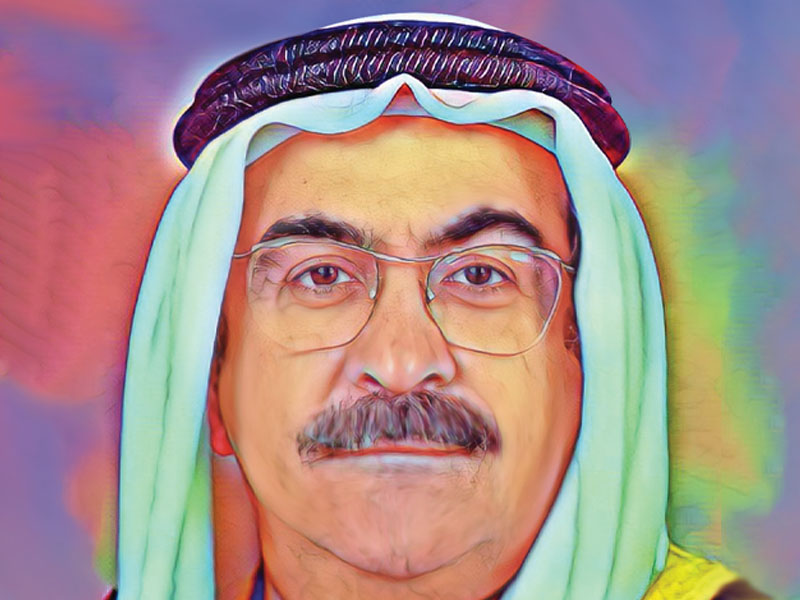Anthropology in the Arabian Gulf: The Example of Dr. Abdullah Abdul Rahman Yateem
Issue 56

Dr. Dahmani Sulaiman
This research attempts to highlight the course and contributions of one of the well-known anthropological figures in the Gulf region and the Arab world, Bahraini researcher Abdullah Yateem, Based on his books, articles and on some of his statements as stated in their text, in three main areas: ethnographic field work, contemporary anthropological thought and formal cultural work.
Yateem stressed the need for ethnographic fieldwork (field research) rather than just settling for a theoretical study with restricted options compared to field research. And as a local anthropologist with knowledge of the language and historical backgrounds of the community, he drew several comparisons, helping to fill the gap left by anthropological research into the region's historic architecture, particularly in the Al Hajar Mountains and the desert in the Emirates, or Al Dhahrah, as it is known locally.
"Arab anthropologists should present anthropology to the general and specialised Arab reader in an objective and contemporary manner that reflects the status of the science and renews respect for it," Yateem said of his interest in contemporary anthropological thought, trends, schools and authorities. By drawing attention to other anthropologists and schools of anthropology, particularly the French school, he helped to change the perception of anthropology in the Gulf and the Arab world. The first person to create courses in anthropology, he was a key participant in the development of scientific programmes for the social sciences and humanities at the Department of Social Sciences in the University of Bahrain's College of Arts. With his knowledge of anthropology and experiences as an ethnographic field researcher in folk culture and diverse creative arts, he was appointed to a prominent position in cultural affairs.
This official appointment gave him the opportunity to study changes in culture in general, and in folk culture in particular, in Bahrain and the Arab Gulf states, and to research their impact on the development and reproduction of cultural and national identities in these countries. His official work also gave him an opportunity to meet new researchers and to establish collaborations with a number of Arab and international entities. These included Danish researchers associated with Aarhus University and Museum and the Danish National Museum. He also analysed and critiqued some European anthropological writings about the study of Gulf society and culture, which allowed him to write theoretical books that were not wholly derived from his ethnographic fieldwork. In "The Arabian Gulf: Anthropological Studies", he addressed social and cultural issues in three Gulf countries – Bahrain, the United Arab Emirates, and Qatar. His book "Bahrain Society and Culture: Anthropological Studies” is an anthropological examination of Bahrain's society and culture that includes the changes he observed in Bahrain's social structure.
Finally, as an anthropologist, academic and Arab intellectual, Abdullah Yateem has participated in many intellectual discussions about the political, social and cultural issues impacting Bahrain, the Gulf region and the Arab world through articles, television interviews and seminars. The most important include "The Reality of Culture in Bahrain", "Culture and King Hamad's Project for Political Reform", "The Ordeal of February – Bahrain in 2011 AD", "Shiʿa Fundamentalism in Bahrain", "Manama, an Arab City: A Critique of the New Orientalism", "Concerns of Cultural Work in the Gulf States" and "Arab Culture in the Face of Globalisation". These recognise the important role that anthropology and other disciplines in the humanities and social sciences can play in addressing vital issues and shaping public opinion.




































































